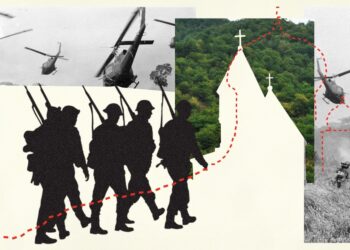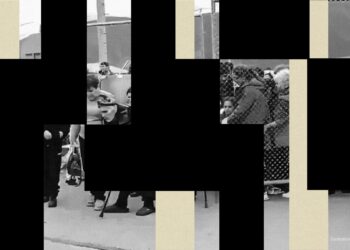Appropriation of Armenian Cultural Heritage of Artsakh
The 2020 war and 2023 military operations in Artsakh have left Armenian cultural heritage vulnerable to destruction and appropriation. Azerbaijan's reclassification of Armenian sites aims to erase Armenian identity, falsify history, and legitimize territorial claims through cultural expropriation.











